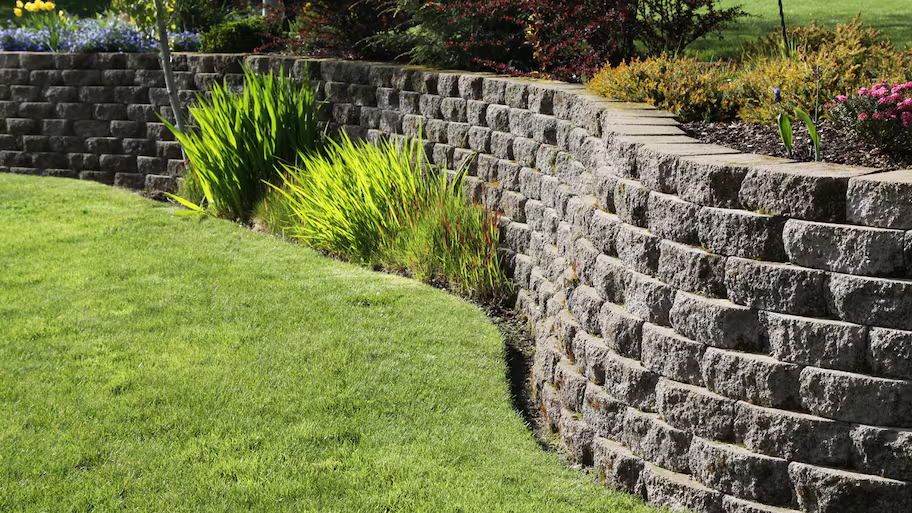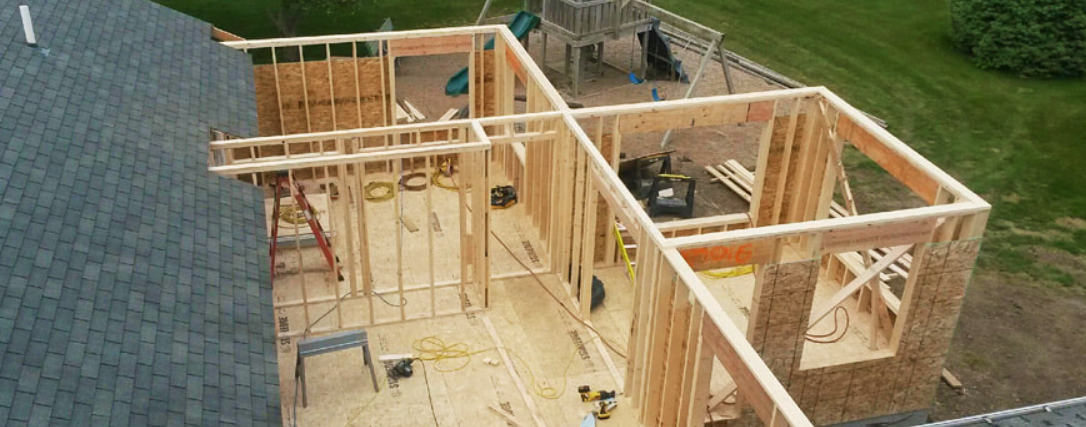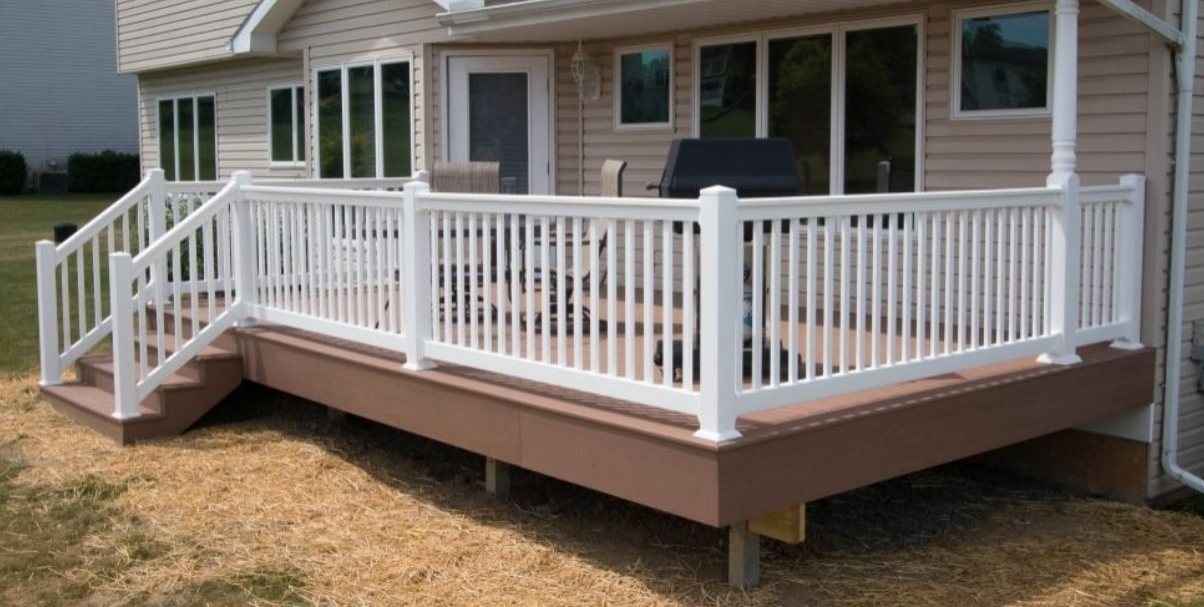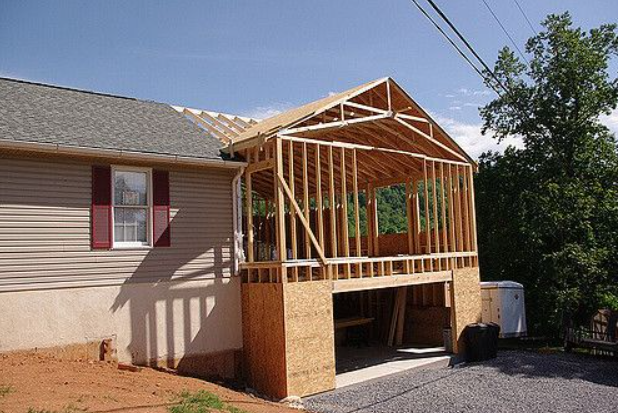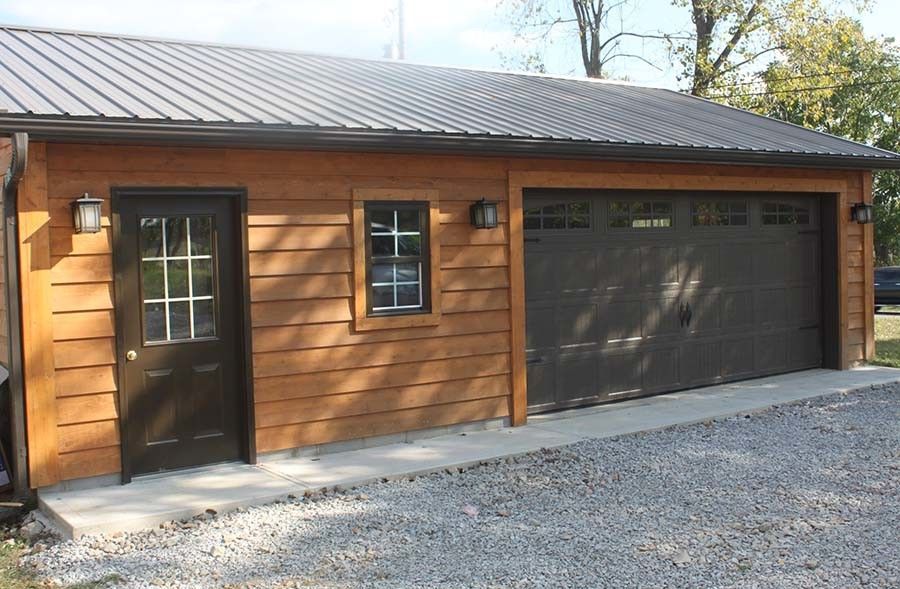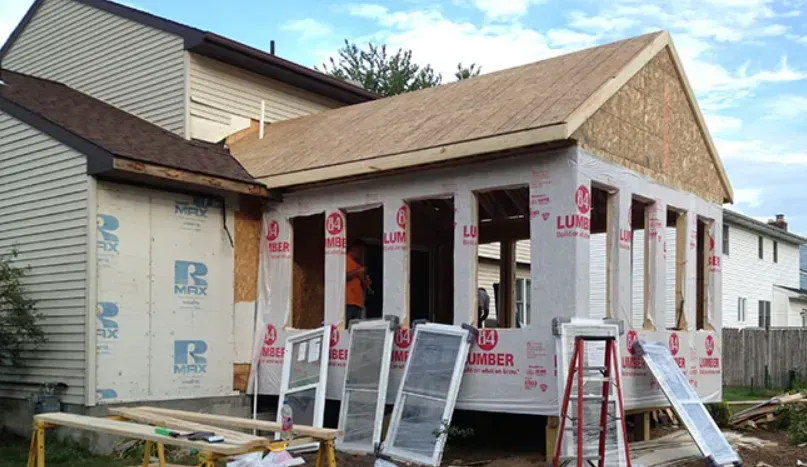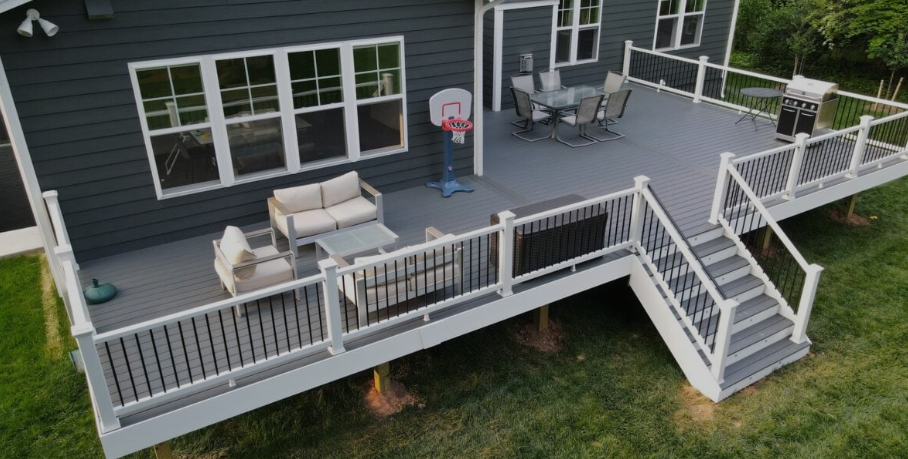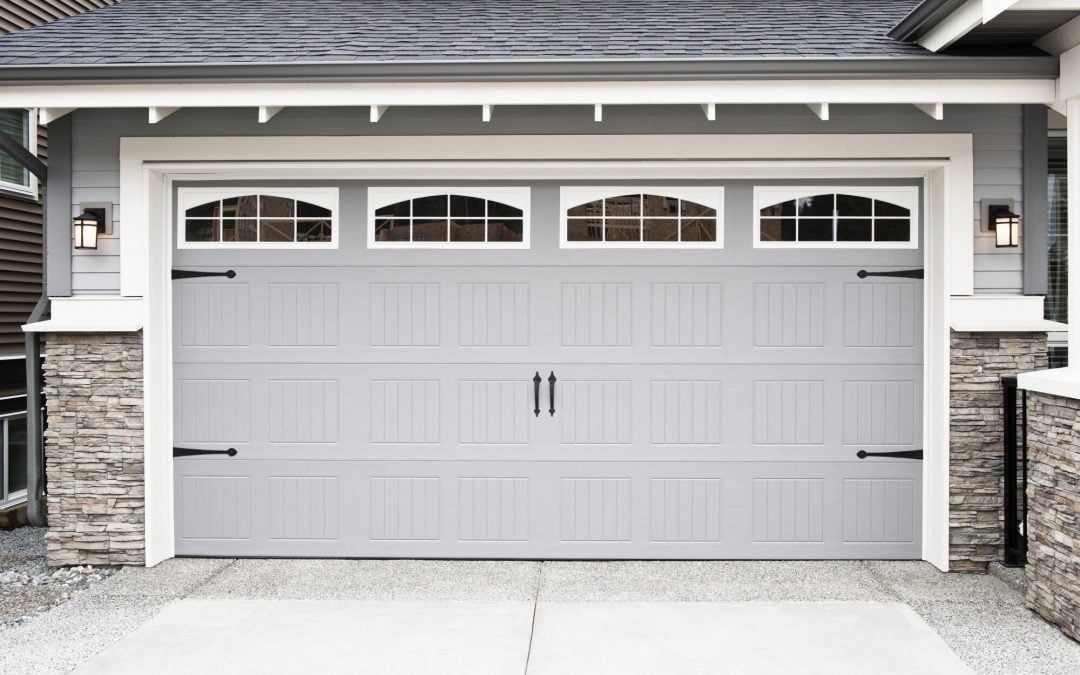Hot Tub Removal - Rhode Island
Unused hot tubs occupy valuable space in Rhode Island backyards, decks, and basements throughout Providence, Warwick, Cranston, and communities statewide. Whether inherited with a home purchase, broken beyond economical repair, or simply no longer wanted after years of declining use, these massive fixtures require specialized removal approaches different from typical junk disposal. Understanding hot tub removal costs, processes, and options helps Rhode Island homeowners reclaim space from these substantial structures weighing hundreds of pounds when empty and thousands when filled.
How Much Does Hot Tub Removal Cost in Rhode Island?
Hot tub removal costs in Rhode Island typically range from $300 to $800 depending on size, location, access difficulty, and disposal method. Standard six-person hot tubs with straightforward yard access usually cost $400-600 for professional removal including demolition, hauling, and disposal. Larger spa installations, hot tubs on elevated decks, or units in basements requiring complete disassembly might exceed $800 due to added labor complexity.
DIY hot tub removal dramatically reduces costs for homeowners with appropriate tools, help, and physical capability. Renting a dumpster for disposal after self-demolition costs approximately $475 for a 15-yard container measuring 12'L x 7.6'W x 4.6'H including 2 tons capacity. Hot tubs are surprisingly heavy - even demolished, a standard unit generates 1,500-2,500 pounds of debris. Warwick homeowners tackling removal themselves, Providence DIY enthusiasts, and budget-conscious Rhode Island residents save hundreds through personal labor while using professional disposal services for debris management.
Can I Remove a Hot Tub Myself?
DIY hot tub removal is possible but demands realistic assessment of challenges involved. Hot tubs weigh 500-1,000 pounds empty, making them impossible to move intact without professional equipment. Successful DIY removal requires demolishing hot tubs into manageable pieces using reciprocating saws, crowbars, and sustained physical effort. Cranston homeowners with appropriate tools and helpers, Providence residents comfortable with demolition work, and physically capable Rhode Island property owners throughout the state can handle hot tub removal personally with proper planning.
Consider access challenges honestly before committing to DIY removal. Hot tubs wedged between houses, installed on second-story decks, or located in basements with narrow egress create extreme difficulty for amateur removal attempts. These situations often warrant professional services despite higher costs - the alternative risks property damage, personal injury, or abandoned projects leaving demolished hot tub pieces scattered across properties for months.
Hot Tub Disposal Regulations in Rhode Island
Rhode Island environmental regulations govern hot tub disposal, particularly regarding foam insulation and various components potentially containing problematic materials. Most hot tub disposal occurs through standard construction debris channels at transfer stations or landfills, though some components warrant separate handling. Electrical components, pumps with motors, and control systems might qualify for e-waste recycling rather than standard disposal.
Fiberglass shells, acrylic bodies, and foam insulation comprise most hot tub bulk. These materials generally qualify for standard waste disposal, though sheer volumes often necessitate commercial disposal rather than residential curbside pickup. Warwick residents disposing of hot tubs, Providence homeowners managing removal debris, and Rhode Island property owners statewide should verify disposal facility acceptance before delivering demolished hot tub materials to ensure appropriate handling.
Disconnecting Hot Tub Electrical and Plumbing
Safe hot tub removal begins with proper utility disconnection before any demolition starts. Most hot tubs require 240-volt electrical service through dedicated circuits and breakers. Never attempt disconnecting electrical service without qualified electrician assistance unless you possess appropriate electrical knowledge and credentials. Cranston homeowners should hire licensed electricians for disconnection, Providence residents should verify electrical safety, and Rhode Island property owners throughout the state must prioritize electrical safety over cost savings.
Plumbing disconnection proves simpler than electrical work but still requires care preventing water damage during removal. Drain hot tubs completely before demolition - several hundred gallons of water add thousands of pounds making removal impossible. Disconnect supply and drain lines, cap exposed plumbing preventing debris intrusion, and verify all water removal before beginning demolition work creating mess if residual water remains.
Step-by-Step Hot Tub Demolition Process
Systematic hot tub demolition proceeds safely and efficiently through organized approaches. After complete drainage and electrical disconnection, remove exterior panels, skirting, and access doors exposing internal structure. Disconnect and remove pumps, heaters, filters, and plumbing components - these pieces come apart relatively easily and removing them reduces overall demolition volume.
Cut acrylic or fiberglass shells into manageable sections using reciprocating saws with appropriate blades. Work methodically around hot tub perimeters cutting vertical sections that can be pried away from frames. Remove foam insulation filling cavity between shells and cabinets - this material is bulky but lightweight, disposing easily once freed from structures. Finally, dismantle wooden or synthetic cabinets, framing, and bases completing demolition. Providence DIYers following systematic processes, Warwick homeowners working methodically, and organized Rhode Island residents achieve better results than random destructive approaches.
Removing Hot Tubs from Decks
Hot tubs installed on decks present particular removal challenges throughout Rhode Island properties. Weight distribution changes during demolition as concentrated hot tub weight becomes multiple separate pieces potentially overloading deck sections. Work carefully preventing deck damage during removal, potentially reinforcing questionable deck areas before beginning demolition distributing weight across larger areas.
Consider lowering demolished sections to ground level rather than attempting deck-level demolition creating massive debris piles on potentially fragile structures. Warwick homeowners with deck-mounted hot tubs should work systematically, Providence residents should reinforce decks if needed, and Rhode Island property owners should prioritize deck preservation during hot tub removal. Replacing damaged decks adds unexpected costs potentially exceeding professional removal service fees if DIY approaches prove too aggressive.
Basement Hot Tub Removal Challenges
Basement hot tubs represent extreme removal challenges often justifying professional services despite premium costs. These installations typically entered basements through bilco doors, bulkhead entrances, or during home construction before upper floors existed. Removal reverses installation requiring complete disassembly into pieces small enough for egress through basement access points.
Basement removal demands extensive demolition reducing hot tubs to sections fitting through doorways or stairs. This process generates substantial debris volumes in confined spaces requiring systematic removal preventing basement overwhelming before project completion. Providence homeowners with basement hot tubs should seriously consider professional services, Cranston residents should realistically evaluate DIY feasibility, and Rhode Island property owners facing basement situations should obtain multiple professional quotes before attempting personal removal of these particularly challenging installations.
What Happens to Removed Hot Tubs?
Demolished hot tub materials typically end up in landfills unless components qualify for recycling. Fiberglass shells and acrylic bodies break into pieces destined for standard construction debris disposal. Foam insulation, while bulky, compresses somewhat during transport and disposal. Wooden cabinetry and framing might qualify for wood recycling if facilities accept construction lumber.
Metal components including pumps, heaters, frames, and hardware deserve separation for scrap metal recycling generating modest revenue offsetting disposal costs. Electrical components qualify for e-waste recycling rather than landfilling. Warwick residents maximizing recycling opportunities, Providence environmentally conscious homeowners, and Rhode Island property owners committed to responsible disposal can divert substantial hot tub weight from landfills through material separation during demolition.
Selling vs. Disposing of Working Hot Tubs
Working hot tubs retain value even if owners no longer want them. Facebook Marketplace, Craigslist, and local classifieds connect sellers with buyers seeking affordable hot tubs. However, buyers typically expect to handle removal themselves - advertising hot tubs as "buyer removes" attracts different audiences than offering delivery. Cranston sellers might find local buyers willing to handle removal, Providence homeowners can advertise to metro-area buyers, and Rhode Island sellers throughout the state should price appropriately recognizing removal challenges affect perceived value.
Professional hot tub moving services relocate working units for buyers unable to handle removal personally. These services charge based on access difficulty and distance, potentially adding $300-800 to buyer costs. Some Rhode Island buyers pay these premiums for desirable hot tubs, while others prefer negotiating lower purchase prices handling their own removal. Understand buyer perspectives pricing used hot tubs - $0-500 typically proves realistic for functional units requiring buyer removal.
Timing Hot Tub Removal Projects
Rhode Island seasons affect hot tub removal project timing and feasibility. Spring and fall offer ideal conditions with moderate temperatures and generally dry weather supporting outdoor demolition work. Summer heat creates exhaustion risks during physically demanding demolition, while winter cold makes outdoor work miserable and potentially dangerous when handling metal tools and frozen components.
Plan removal during favorable weather windows maximizing efficiency and comfort. Warwick homeowners scheduling spring projects, Providence residents planning fall removals, and Rhode Island property owners throughout the state achieve better results working during optimal conditions rather than forcing projects during weather extremes. Weekend projects benefit from extended forecasts predicting dry conditions throughout demolition timelines preventing weather delays mid-project.
Dealing with Hot Tub Concrete Pads
Many Rhode Island hot tubs sit on concrete pads requiring removal for complete site restoration. Concrete removal involves breaking pads into manageable pieces using sledgehammers or rented concrete breakers, then loading heavy debris for disposal. Concrete significantly increases disposal weight - a 6x8 pad several inches thick weighs well over a ton beyond hot tub debris weight.
Consider whether concrete pads require removal or can remain for future use. Level concrete pads serve well as shed bases, patio foundations, or storage areas. Leaving pads saves substantial labor and disposal costs if future uses exist. Cranston homeowners might repurpose pads, Providence residents could integrate them into landscaping, and Rhode Island property owners should evaluate future utility before automatically removing functional concrete bases.
Hot Tub Removal and Property Value
Removing unused hot tubs can improve Rhode Island property values by reclaiming yard space, eliminating eyesores, and preventing deteriorating fixtures from negatively impacting curb appeal. Real estate agents often recommend hot tub removal before listing properties unless units remain in excellent condition and represent selling points rather than liabilities. Warwick homes for sale benefit from cleaned, maximized yard spaces rather than ignored, deteriorating hot tubs suggesting deferred maintenance.
However, removing functional, well-maintained hot tubs before sales might eliminate features some buyers desire. Evaluate whether hot tubs represent assets or liabilities before removal - newer units in good condition possibly attract buyers while neglected, non-functional fixtures definitely detract from property appeal. Providence sellers should consult realtors about whether removal improves saleability, Cranston homeowners should assess hot tub conditions realistically, and Rhode Island property owners should make informed decisions balancing removal costs against potential value impacts.
Insurance and Liability During Hot Tub Removal
DIY hot tub removal creates liability exposures if helpers suffer injuries or if removal damages property. Homeowners insurance typically covers accidents on your property but verify coverage before beginning projects potentially creating claims. Injuries to friends helping with removal, damage to neighboring properties from debris, or accidents during demolition might trigger insurance involvement.
Professional removal services carry their own liability insurance protecting you from removal-related accidents. This protection represents significant value professional services provide beyond just physical labor - liability shifts to insured professionals rather than remaining homeowner responsibility. Cranston homeowners weighing DIY versus professional approaches should factor insurance considerations, Providence residents evaluating options should understand liability implications, and Rhode Island property owners making decisions should include insurance protection in their cost-benefit analyses.
Dumpster Rental for Hot Tub Disposal
Renting dumpsters provides convenient disposal for DIY hot tub demolition projects. A 15-yard container handles most standard residential hot tub demolitions efficiently, accommodating shell pieces, foam insulation, cabinetry, and related debris. Rental periods up to 7 days allow working at comfortable paces without rushing demolition to meet tight pickup deadlines.
Hot tub debris is heavy despite being relatively compact after demolition. Standard 2-ton capacity included in $475 rental pricing usually suffices for single hot tubs, though larger spas or units with substantial concrete bases might exceed weight limits incurring additional charges at $140 per ton. Coordinate dumpster delivery for project start dates, position containers near hot tub locations minimizing debris carrying distances, and load systematically maximizing capacity through thoughtful placement. Providence DIYers benefit from strategic dumpster use, Warwick homeowners appreciate convenient disposal, and Rhode Island residents statewide find dumpster rentals simplify demolition debris management substantially.
Replacing Removed Hot Tubs
Some Rhode Island homeowners remove old hot tubs planning to install new models better serving current needs. Modern hot tubs offer improved energy efficiency, better insulation, enhanced features, and designs better matching current property aesthetics than older deteriorated fixtures. Planning replacement during removal prevents rushed decisions and ensures adequate site preparation for new installations.
Consider whether hot tub replacement truly serves long-term interests. Initial enthusiasm for hot tub ownership often wanes as novelty fades and maintenance demands become burdensome. Many Rhode Island homeowners discover removed hot tubs created spaces serving better for landscaping, patios, or simply expanded yards rather than perpetuating hot tub ownership cycles. Providence homeowners should evaluate honestly whether replacement serves genuine needs, Cranston residents should consider alternatives, and Rhode Island property owners should make thoughtful decisions about future space uses.
Common Hot Tub Removal Mistakes to Avoid
Avoid common mistakes complicating hot tub removal unnecessarily. Never begin demolition without complete drainage - remaining water makes removal impossibly heavy and creates messy floods during cutting. Don't disconnect electrical service without proper expertise - electrocution risks far exceed DIY cost savings. Never attempt moving intact hot tubs without professional equipment - hundreds of pounds of awkward weight guarantee injuries or property damage.
Avoid illegal dumping - Rhode Island takes environmental violations seriously, and penalties far exceed legal disposal costs. Don't underestimate project scope attempting completion in single days without adequate help - hot tub removal demands sustained physical effort often requiring multiple days for safe, thorough completion. Cranston homeowners should learn from others' mistakes, Providence residents should plan carefully, and Rhode Island property owners should prioritize safety and legal compliance over expediency.
After Hot Tub Removal: Site Restoration
Complete hot tub removal includes site restoration transforming removal areas into attractive, functional spaces. Remove concrete pads if not repurposing them, fill depressions left by hot tub bases, repair lawn damage from equipment or debris staging, and consider landscaping improvements making removal sites positive additions rather than just eliminated problems.
Site restoration timing affects overall project budgets and timelines. Some homeowners complete restoration immediately following removal, while others defer landscaping until following seasons when weather and ground conditions better support planting and construction. Cranston homeowners should plan comprehensively, Providence residents should budget for complete restoration, and Rhode Island property owners should view removal as first steps in overall site improvement rather than just problem elimination.
Your Rhode Island Hot Tub Removal Partner
For reliable disposal services supporting Rhode Island homeowners through hot tub removal projects, contact Rockhouse Disposal. Whether you're tackling demolition yourself or hiring professionals, proper debris disposal remains essential for project completion. We offer 15-yard dumpsters for $475 and 20-yard containers for $540, both including 2 tons of debris and up to 7 days rental - perfect for hot tub demolition debris.
Additional days cost just $8 each while extra weight runs $140 per ton, providing transparent pricing helping you budget accurately. Our team understands hot tub removal challenges and can recommend appropriate container sizes for your specific project.
Contact us today to discuss your hot tub removal needs and discover how professional disposal services make challenging projects manageable throughout Rhode Island.
